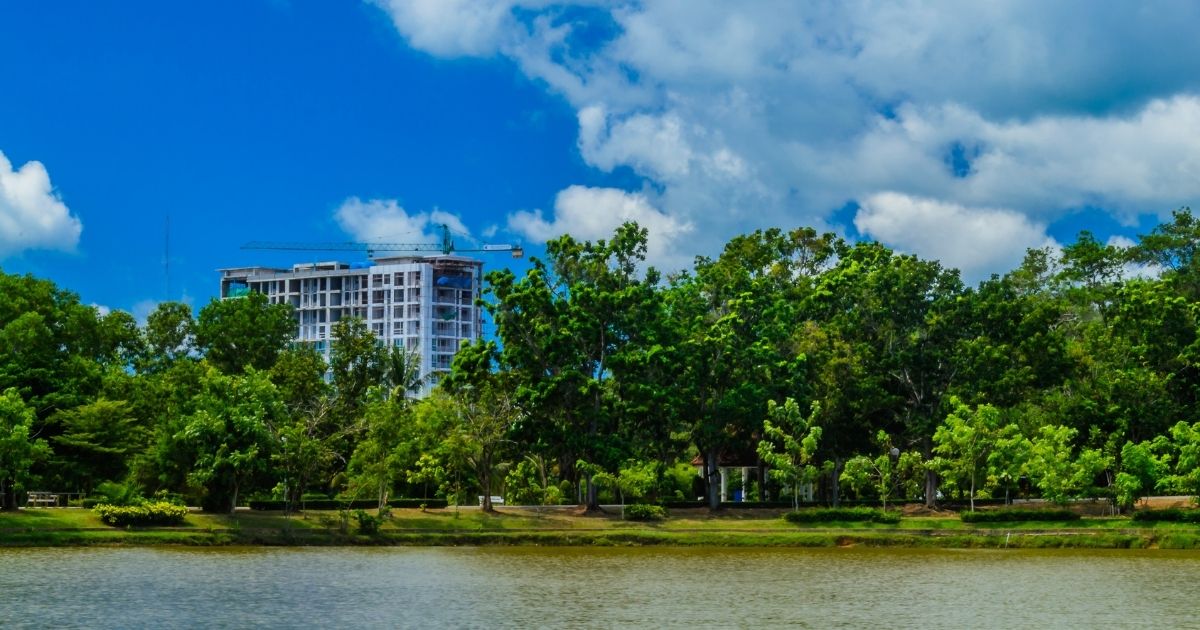MENU
- Home
- Overview
- Attorneys
- Practice Areas
- Firm News
- Blog
- Contact

Environmental law is an important aspect of law, especially with the expansion of the country’s cities impacting more than just the landscape. Urbanization has numerous far-reaching effects on the environment, both directly and indirectly. People must be aware of the potential for environmental degradation because it could lead to new regulations and legal actions.
These days, people are moving to cities in increasing numbers. In the next three decades, the number of Americans living in urban areas is expected to increase to nearly 90 percent. These population patterns result in growth in the city core and the suburbs. The relationship between human beings and the city is a complex one. Cities present numerous conveniences and efficiencies in daily life. However, ever-increasing density in urban areas could affect the environment in ways that could make people sicker and harm their natural habitat.
One of the main issues with urbanization is the difference in consumption patterns. Urban settings result in higher levels of fuel and electricity consumption. The most significant impact is the increased emissions that accompany transportation and manufacturing. The expansion of the city’s footprint means that residents could be commuting from the exurbs, using more gasoline. In addition, the increased need for lighting means more electricity consumption.
Hydrocarbons are far from the only resource that is in greater demand. A critical concern is a growing water shortage. Cities require more water as more people move to them. However, the effects of climate change have meant less water to go around, and water supplies have been degraded.
Urbanization has also been shown to change the actual temperature, both in the city and the surrounding areas. Natural landscapes do not absorb the Earth’s heat as much as concrete. Because cities have so much concrete, they tend to be warmer than distant suburbs and exurbs. This could result in a circular relationship, in which the higher temperatures mean that even more electricity is required in warmer months when buildings and homes will use more air conditioning.
Urbanization can also degrade the quality of local water. In rural environments, there is more area where storm water can infiltrate the ground. The expansion of cities means that water rushes into waterways more quickly. There are two significant effects of this:
Urbanization is not always negative. The concentration of large amounts of people in one space can increase the number of people who rely on public transit. In addition, urbanization can also introduce efficiencies, such as increased productivity. With sensible practices, developers can build projects in carbon-neutral ways that do not harm the environment.
Many cities have devised plans for smart growth that allow for urbanization while protecting the environment. However, these plans could introduce increased business costs and difficulties with compliance. Businesses will need to invest more money in policies and procedures and comply with laws and regulations. They can expect more government regulation as cities and states take more decisive action to protect the environment.
Our Wilmington environmental lawyers at Jacobs & Crumplar, P.A. protect those harmed by exposure to toxins or chemicals. Call us at 302-656-5445 or contact us online. Located in Wilmington and Millsboro, Delaware, we serve clients in Dover, New Castle County, and Sussex County.